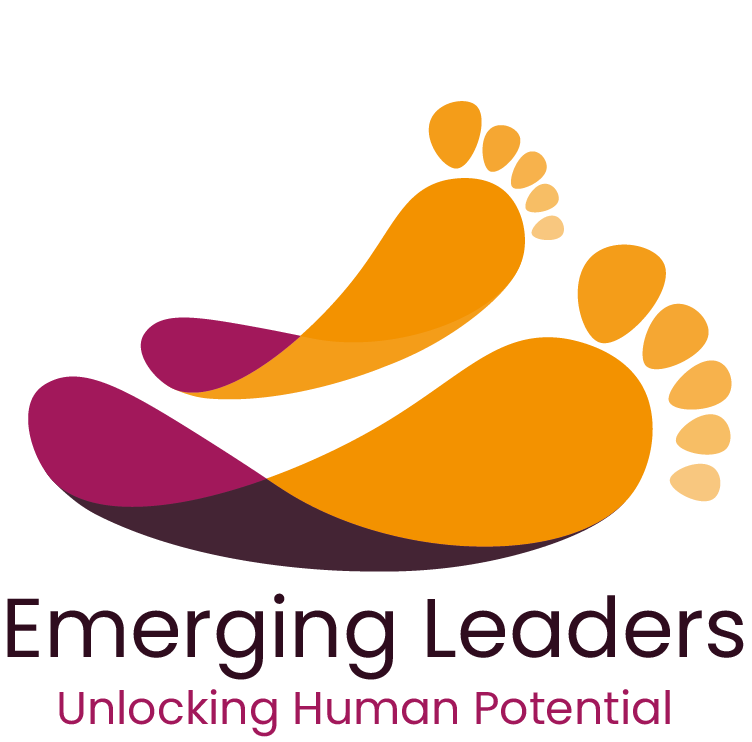The Uwezo Kwa Vijana (Enable the Youth) project is a groundbreaking youth entrepreneurship initiative aimed at empowering young individuals from impoverished urban communities in Kenya.
Launched in May 2021 in partnership with the Rising Tide Foundation, this four-year project aimed to uplift 18,000 vulnerable youths, fostering self-reliance and economic independence through comprehensive training, mentorship, and coaching. The UKV project also addressed Kenya's demographic challenges, where COVID19 had magnified the need for tangible HOPE for a generation who have been starved of it in a population where 75% is under 35.
(Pictured)James, an Uwezo Kwa Vijana alumni and a M&E personnel at his business premises where he sells thrift jackets.
Beyond entrepreneurship, the program aimed to enhance employability through life leadership skills, financial literacy, and mindset and behaviour change.
Over the course of the project, the UKV program hoped to achieve these milestones:
Directly train 18,000 youth from Nairobi and Naivasha.
70% of participants started income-generating businesses or doubled their income.
40% of participants linked with other programs or companies for business growth.
5% of participants hired at least one other person
The challenges faced within Kenya’s urban slums provide crucial context for understanding the impact of the Uwezo Kwa Vijana project:
Urban Slums are characterized by dense populations and makeshift homes.
Residents battle daily for survival, dignity, and hope.
Most participants earn below minimum wage.
Only 19% of individuals advance to higher education.
Project Implementation and Impact
Youth Empowerment
The Uwezo Kwa Vijana project targeted young individuals primarily from low-income regions in Nairobi and Naivasha. The program’s comprehensive training, mentorship, and coaching framework fostered self-reliance and economic independence.
In its first year, the project enrolled 1,800 youths, identifying 40 high-capacity individuals to serve as trainers and community mentors. These mentors played a crucial role in ensuring the scalability and sustainability of the program by acting as "incarnational trainers" – those who have internalised the program's principles and can authentically share their knowledge and experiences. This method has proven effective, with trained youth returning to their communities and reaching an additional 10,200 individuals by the third year of the project .
By March 2024, the UKV successfully engaged 18,000 young individuals across low-income regions in Nairobi and Naivasha, demonstrating remarkable progress.
Economic Empowerment
Economic empowerment and livelihood enhancement are core components of the UKV program. As of the latest report, 80% of the youth participants have started an economic activity, ranging from self-employment and casual work to formal employment and community projects . The program has led to a 43.8% increase in employment rates among vulnerable youth, rising from a baseline of 32.7% to 76.4% .
A significant proportion of participants, 21%, have started their own businesses post-training, with 7% of these new businesses hiring at least one employee, thereby creating job opportunities within their communities. The highest income growth was reported within the first six months post-training, with an average income growth of 153.3% over the subsequent yea
Participants have also shown a notable shift towards more stable employment over time. Initially engaged in casual work, many have transitioned to formal employment, indicating improved job security and benefits. Additionally, 52% of participants enrolled in further education or training programs, unlocking better earning potential and contributing to long-term economic stability .
Financial Management and Literacy
Financial management and literacy were integral components of the UKV program, equipping participants with the knowledge and skills to manage their finances effectively. The program emphasised the importance of saving, budgeting, and investing wisely, which are crucial for economic stability and growth.
Participants learned practical financial skills, such as maintaining financial records, creating and adhering to budgets, and understanding credit and loans. These skills enabled them to make informed decisions about their businesses and personal finances. For instance, Albert Gitau, a 26-year-old participant, transitioned from crime to entrepreneurship, co-owning a car wash and launching his own cap-selling venture. His newfound financial literacy allowed him to manage his business earnings effectively, ensuring sustainability and growth.
The program also introduced community savings groups, which provided participants with a platform to save collectively and access funds for business ventures. These groups fostered a culture of savings and financial responsibility, further reinforcing the principles taught during the training sessions. Catherine Moraa, for example, diligently saved part of her earnings from her vegetable vending business in a community savings group, which helped her manage her finances better and plan for future growth.





